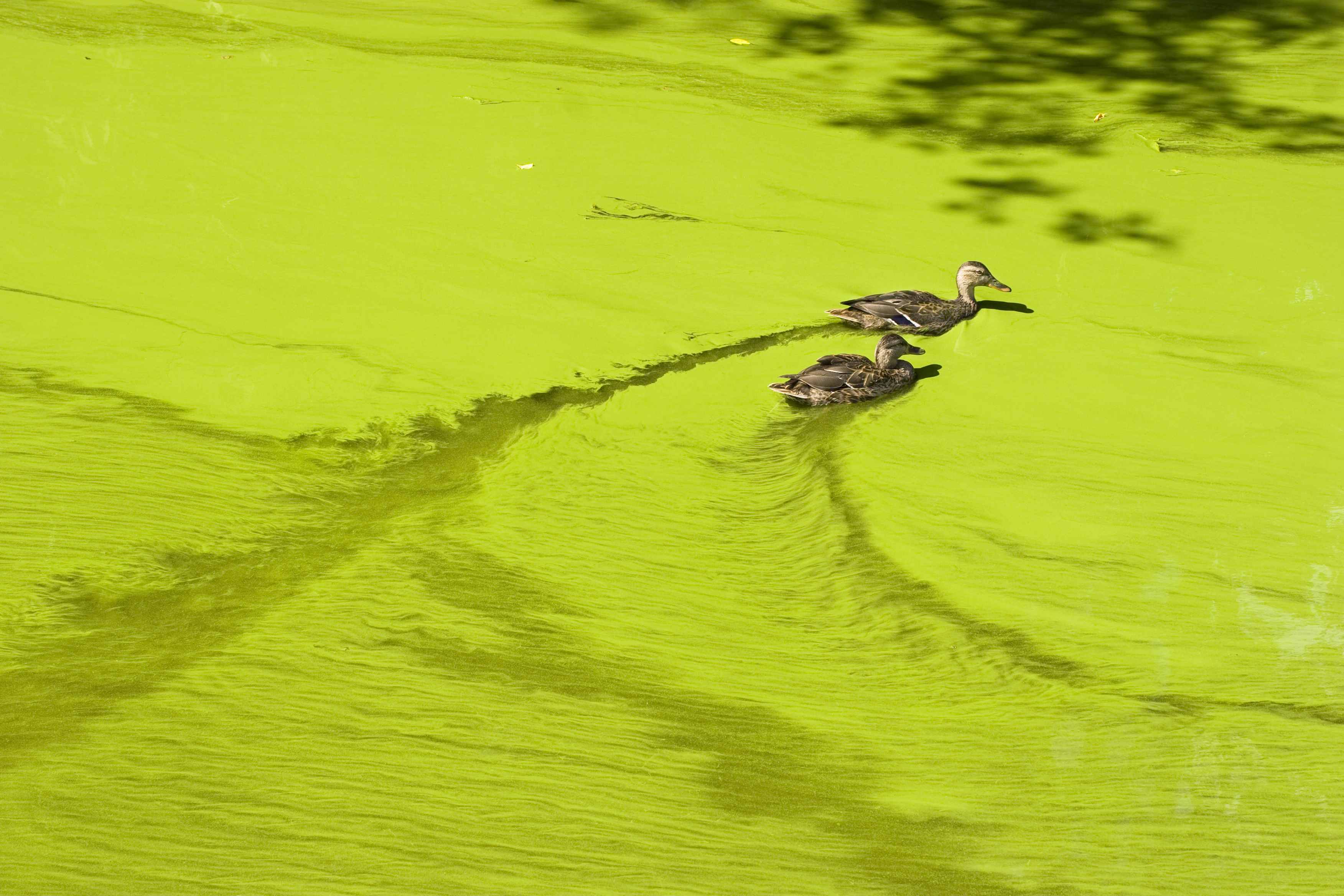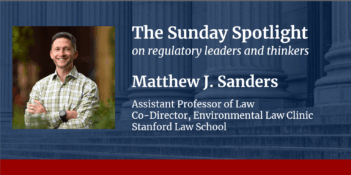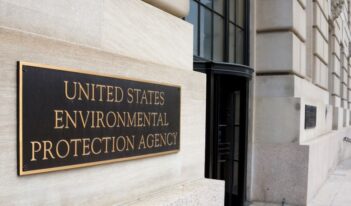
EPA provides advice instead of regulation in the new nanny state.
President Trump’s tweets get all the attention, but those from others in the federal government can also be pretty striking. Consider how the U.S. Environmental Protection Agency’s (EPA) Twitter feed is taking on global and local environmental threats.
For years, regulation foes have complained about the “Nanny State”—an overbearing government that interferes with personal choice in the mistaken belief that it knows better than you do in what is best for you and your family. The 2016 Republican Party platform put it this way: “Overregulation is the quiet tyranny of the ‘Nanny State.’”
Well, folks, there is a new nanny in town.
This one does not try to protect through over-regulation; instead, she urges you to be careful and protect yourself from the results of under-regulation. Let me introduce the new nanny (or should I say, “manny”?): EPA Administrator Scott Pruitt.
In recent years, federal agencies have turned to social media to brag about their accomplishments. But what does an EPA that foreswears regulation tweet about?
Mainly, it urges you to avoid the environmental threats that it is doing nothing to cure or prevent. A warming climate? Yup. But, EPA has the solution, in a tweet it has posted more than once this summer.
The link in the tweet connects to a page on the EPA website with handy hints, such as “PREVENTION IS THE BEST DEFENSE!” (Apparently, this is not meant ironically.) “Stay out of direct sun and wear sunscreen of SPF 15 or higher. Be extra careful about sensitive individuals like children, the elderly, or the sick. Never ever leave anyone or an animal alone in a car, or a pool or other risky location, not even for ‘just a few minutes.’”
Thanks, EPA.
Notably, the webpage linked in the tweet is part of a section of the EPA website devoted to natural disasters. That is no accident; if climate change is a natural disaster, then the only possible response is adaptation. Mitigation is off the table because there are no human contributions. To say that this view of climate change is contested would be generous.
If there is a central theme to this summer’s EPA tweets, it is a concern with extreme heat. “Don’t let dehydration get the best of you this summer!” Or: “Beat the heat!” with a link to “sun safety” tips, such as wearing a wide-brimmed hat. It turns out the agency’s number one concern is global warming. Who knew?
But it is a dangerous world out there in many other ways, and EPA wants you to be careful about more than the heat. So it has offered advice on dealing with mold and controlling fleas and ticks on your pet. About once a week this summer it has tweeted to offer guidance on what to do in case of a flood. (Like extreme heat, floods are in the “natural disaster” category.)
In yet another recent tweet, EPA advised lake-goers to stay out of water that is “green or scummy,” as it could contain an algal bloom. The accompanying photograph shows a woman standing on a dock in a truly disgusting-looking pond, holding her nose. The agency gets points for common sense, but there really was not much chance of her leaping in, even without EPA’s admonition.
In tone, these tweets are unfailingly chipper and constructive. Still, they acknowledge serious environmental conditions with real consequences for human health. One might expect the Environmental Protection Agency to take action to avoid these conditions—after all, “PREVENTION IS THE BEST DEFENSE!,” remember?
However, instead of using its authority to protect the environment and exposed individuals, the agency has thrown up its hands and decided its work is done once it has told people, “Be careful out there.”
To be fair, EPA did release one tweet (posted several times in different versions) this summer in the more traditional mode of trumpeting regulatory accomplishments. This tweet celebrated the stunning successes of the Clean Air Act in reducing emissions of criteria pollutants despite huge growth in gross domestic product. Appropriately, this tweet was retrospective, a kind of eulogy, almost wistful – for it celebrated accomplishments in the period ending in 2016.
Judged by EPA’s Twitter feed, life in the regulation-free world resembles the Egypt of the plagues. It will feature ticks, fleas, floods, algal blooms, and, most of all, extreme heat. But not to worry. EPA is on the job, there to remind us to stay out of green and scummy water and to wear a hat.




